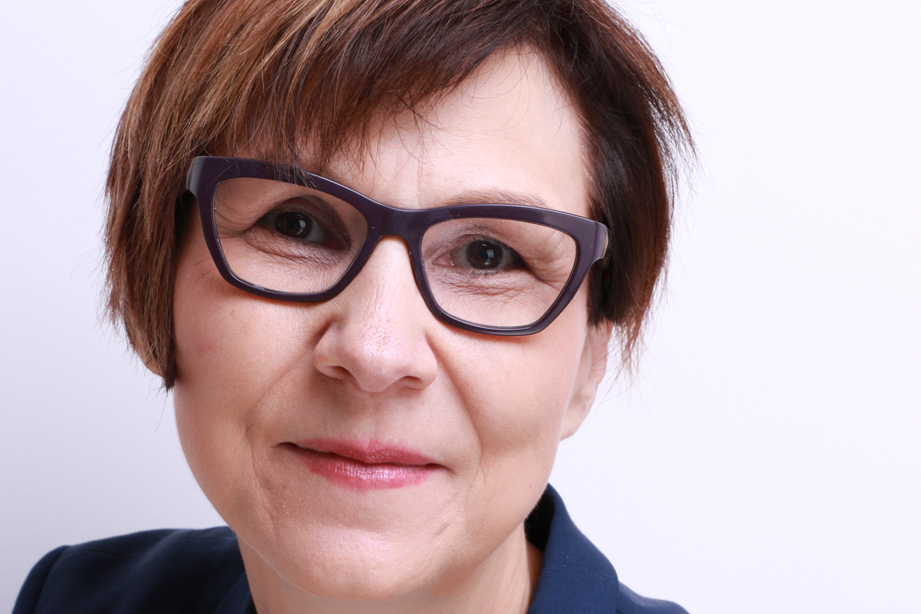Dr. Cindy Blackstock to Present at KBHN 2020 Conference about Systemic Racism Facing First Nations Children
October 29, 2020 | 2020 Conference, News

Dr. Cindy Blackstock OC FRSC—who has been described as Canada’s “relentless moral voice” for First Nations equality—will present at the Kids Brain Health Network virtual conference in November.
Dr. Blackstock will focus her talk on the systemic racism First Nations people currently experience in North America as an opportunity to draw peoples’ attention to the inequitable resources First Nations children are subject to and how we can rectify this as a nation.
“The important aspect is that we focus on solutions,” says Dr. Blackstock, Executive Director of the First Nations Child and Family Caring Society of Canada and Professor of Social Work at McGill University. “One way to do this is to concentrate on all the inequalities First Nations children experience and then develop a holistic plan to address all of them, instead of topic by topic which is the way the Canadian government has addressed it since confederation,” she says.
Dr. Blackstock grew up in B.C. and is a member of the Gitxsan First Nation. She started her career as a Social Worker both on and off reserve. This experience allowed her to see how grossly underfunded child protective services were on reserves—that projected her on a path of trying to address these inequalities. She later moved to Ottawa to become Executive Director of the First Nations Child and Family Caring Society of Canada, and now describes her work as “arguing for the obvious.”
Throughout her career as an advocate, she has worked with many children who have brain-based disabilities and many who are in the child welfare system. In 2007 she led a team that filed a human rights complaint against the federal government for underfunding child welfare on reserves. In 2016, the Tribunal ruled that the government of Canada was racially discriminating against countless First Nations children.
Dr. Blackstock says she’s looking forward to speaking at the KBHN conference. It’s a way to connect with researchers studying disabilities that disproportionally affect First Nations, Metis and Inuit children. KBHN has several research programs specifically focused on First Nations children. One example is the “The Infant and Early Mental Health – Hub for Training, Resources and Tools” or the IEMH-Hub.
This project is an online platform that provides access to resources, tools and training specific to infant and early childhood mental health. The Hub will specifically consider the unique learning needs of indigenous communities. The tools will include existing and newly developed evidence-based resources. There will also be a range of training programs, including a flagship fellowship program and online coaching.
“This is an opportunity to develop an alliance with the scientific community that will allow us to collectively prevent the over-representation of Indigenous children when it comes to brain health issues, while also providing nurturing support for children and families who are currently experiencing these kinds of inequalities,” Blackstock says.
Throughout her career, Dr. Blackstock has led many initiatives that strive for equality, but one has really stuck with her. She was the driving force behind an animation called Spirit Bear, and Children Make History. They premiered at the Vancouver International Film Festival and told the story of the 2007 human rights tribunal. Dr. Blackstock and her team engaged First Nations Children from Northern BC, who voiced some of the characters and recorded the animation’s theme song.
“What always amazes me is how children are great allies in addressing systemic racism,” says Dr. Blackstock. “It’s been a great news story for me to see how many children have not only engaged themselves in the solution but have also brought along their parents and their grandparents into the conversation. That’s the kind of activism that’s required to make a difference.”
Written by Vanessa Hrvatin